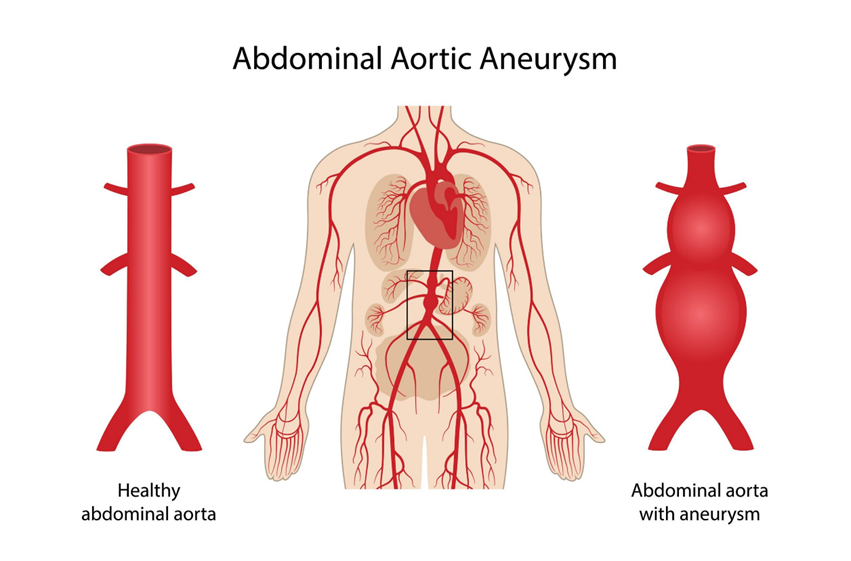A nurse is caring for a client who has a halo fixation device. Which of the following actions should the nurse include in the plan of care?
Monitor the client for an elevated temperature.
Ensure the halo jacket is snug against the client's skin.
Provide range of motion to the client's neck
Remove the vest daily to inspect the client's skin integrity.
The Correct Answer is A
Choice A Reason:
Monitoring the client for an elevated temperature is crucial because it can indicate an infection at the pin sites or other complications. Infections are a common risk with halo fixation devices due to the invasive nature of the pins.
Choice B Reason:
Ensuring the halo jacket is snug against the client's skin is incorrect. The halo jacket should fit properly but not be too tight, as this can cause skin breakdown and discomfort. There should be enough space to insert a flat hand between the vest and the skin.
Choice C Reason:
Providing range of motion to the client's neck is not appropriate for a client with a halo fixation device. The purpose of the halo is to immobilize the neck to allow for proper healing of cervical injuries. Any movement could jeopardize the stability of the injury.
Choice D Reason:
Removing the vest daily to inspect the client's skin integrity is incorrect. The halo vest should not be removed frequently as it is meant to provide continuous immobilization. Skin integrity can be monitored by checking the areas around the vest without removing it.
Nursing Test Bank
Naxlex Comprehensive Predictor Exams
Related Questions
Correct Answer is B
Explanation
Choice A Reason:
Core temperature is important to monitor in many clinical situations, but it is not the primary concern for a client with an abdominal aortic aneurysm. While fever can indicate infection, which is a potential complication, it is not directly related to the immediate risks associated with AAA.
Choice B Reason:
Blood pressure is the most critical vital sign to monitor in a client with an abdominal aortic aneurysm. Elevated blood pressure can increase the risk of aneurysm rupture, which is a life-threatening emergency. Maintaining blood pressure within a safe range is essential to prevent complications and ensure the stability of the aneurysm.
Choice C Reason:
Pulse rate is also important to monitor, but it is not as directly indicative of the risk of aneurysm rupture as blood pressure. While changes in pulse rate can signal cardiovascular stress or other issues, blood pressure provides more direct information about the forces acting on the aneurysm.
Choice D Reason:
Respiratory rate is a vital sign that can indicate respiratory distress or other systemic issues, but it is not the primary concern in the context of an abdominal aortic aneurysm. Blood pressure remains the most critical parameter to monitor to prevent rupture and manage the condition effectively.

Correct Answer is ["20.46"]
Explanation
Step 1: Convert the client's weight from pounds to kilograms.
150 pounds ÷ 2.2 = 68.18 kg
Result at each step = 68.18 kg
Step 2: Calculate the dose in mcg/min.
3 mcg/kg/min × 68.18 kg = 204.54 mcg/min
Result at each step = 204.54 mcg/min
Step 3: Convert the dose from mcg to mg.
204.54 mcg ÷ 1000 = 0.20454 mg/min
Result at each step = 0.20454 mg/min
Step 4: Calculate the infusion rate in mL/min.
0.20454 mg/min ÷ 600 mg × 1000 mL = 0.341 mL/min
Result at each step = 0.341 mL/min
Step 5: Convert the infusion rate to mL/hour.
0.341 mL/min × 60 min/hour = 20.46 mL/hour
Result at each step = 20.46 mL/hour
So, the infusion rate is 20.46 mL/hour.
Whether you are a student looking to ace your exams or a practicing nurse seeking to enhance your expertise , our nursing education contents will empower you with the confidence and competence to make a difference in the lives of patients and become a respected leader in the healthcare field.
Visit Naxlex, invest in your future and unlock endless possibilities with our unparalleled nursing education contents today
Report Wrong Answer on the Current Question
Do you disagree with the answer? If yes, what is your expected answer? Explain.
Kindly be descriptive with the issue you are facing.
